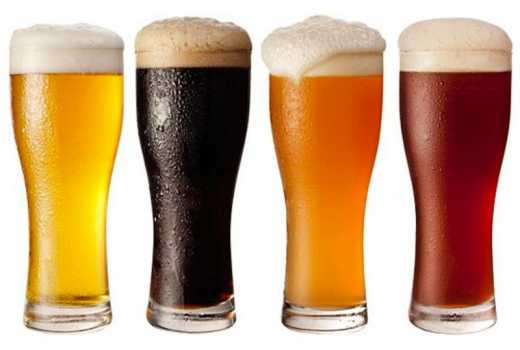×
The Standard e-Paper
Home To Bold Columnists

Locals and tourists who graced the recent Lake Turkana Cultural Festival at Loyangalani marveled at Windhoek, a beer named after the capital of Namibia.
By then 500 cases of the green beer destined for Lodwar were bought in a Nairobi go-down - fully paid for, a few days after the beer was reintroduced in the Kenyan market by Kapari Ltd.